Hleb
"This is a process of maturing, these are knocks that any nation needs to take, but they have fallen to our generation's lot and it is us who have to go through all of these things"
Hleb
"This is a process of maturing, these are knocks that any nation needs to take, but they have fallen to our generation's lot and it is us who have to go through all of these things"
Hleb is a photographer and art worker. Since the beginning of the COVID-19 crisis, he has been taking the situation in the country to heart; in the wake of the latest presidential election, he dove into protest activities. In August 2020, he felt that he just could not afford to switch off and relax. In addition to his major activity, Hleb got engaged in various creative projects related to the struggle for political and civil rights in Belarus, which took up all his free time. Only at the lapse of three months of continuous engagement, distress and emotional exhaustion, he starts to get wise and work through the psychotraumas he has earned this year. At the time of the interview, he makes preparations for moving to Warsaw.
I hold a degree in Political Science. Oddly enough, I had been totally apolitical for long due to my studies. One way or another, I thought that any policy pursued is nothing but violence against ordinary citizens. In general, the fact that for 26 years the Belarusians have managed to build a political vacuum in which we shape our life so that nothing could link us to the authorities' activities is amazing. Over the past six months, everything has changed a lot. The pandemic broke out in the spring of 2020. The authorities' complete inaction and incompetence, among other things, were so humiliating in relation to ordinary citizens. It really hurt me and I went political.
July became my first month of activities. Then I began to take part in events: solidarity chains, marches, sticking posters around the city and other political activism things. In this regard, I was constantly in a state of inventing all sorts of new ideas that could be useful in our struggle.
July became my first month of activities. Then I began to take part in events: solidarity chains, marches, sticking posters around the city and other political activism things. In this regard, I was constantly in a state of inventing all sorts of new ideas that could be useful in our struggle.
„It was a strange time, but it was very bright as well. You believe in what you do. For the first time in your life, you feel people who think the same way as you do. You see that Belarus is changing day by day, which surprises you, inspires you, you are in the middle of it, but at the same time you do understand that the inevitable f*cking end will come one way or another. You realise that there is life now, there are elections, but no one knows what will occur after the elections."
It was a strange time, but it was very bright as well. You believe in what you do. For the first time in your life, you feel people who think the same way as you do. You see that Belarus is changing day by day, which surprises you, inspires you, you are in the middle of it, but at the same time you do understand that the inevitable f*cking end will come one way or another. You realise that there is life now, there are elections, but no one knows what will occur after the elections.

Like me, most of my friends lived for a day until August 9, i.e. no one made any plans for the post-election period, as no one know what would happen. In July, I still allowed myself to kick back and have a rest for a couple of days. But it was then that I discovered in myself some violent desire to be politically active in everything, including art. It was so great to know that what you were doing was important, more important than any other need you had. But then the election came...
Early August was hell. During the first three or four days, when those terrible hostilities were taking place, you cannot relax even for a second, you do not seem to be able to do so. There is constant tension, you are in permanent distress - you look back, check where you are, what is happening around, what you write on the Internet. In addition, I also volunteered to help prisoners. I had several friends who were behind bars. In the daytime you volunteer, trying to get information about the whereabouts of each prisoner and thinking how to hand over food parcels and personals to them. In the evening you go out, stay on the streets deep into the night, return home and fall asleep - not without difficulty. Four days were spent in such a way, which was quite hard. Everyone slept only a few hours a day, because it was impossible to sleep normally due to that continuous living nightmare.
Early August was hell. During the first three or four days, when those terrible hostilities were taking place, you cannot relax even for a second, you do not seem to be able to do so. There is constant tension, you are in permanent distress - you look back, check where you are, what is happening around, what you write on the Internet. In addition, I also volunteered to help prisoners. I had several friends who were behind bars. In the daytime you volunteer, trying to get information about the whereabouts of each prisoner and thinking how to hand over food parcels and personals to them. In the evening you go out, stay on the streets deep into the night, return home and fall asleep - not without difficulty. Four days were spent in such a way, which was quite hard. Everyone slept only a few hours a day, because it was impossible to sleep normally due to that continuous living nightmare.

Then relief came: the detainees started to be released from prisons, people took to the streets - and it began. One can say that life became a bit easier. But here's the problem: if one gets into the swing of things, it is very difficult to quit then. I started filming protests. I was present at all protest rallies and marches within two weeks without a break. To put it tentatively, it turned into my second job.
Then relief came: the detainees started to be released from prisons, people took to the streets - and it began. One can say that life became a bit easier. But here's the problem: if one gets into the swing of things, it is very difficult to quit then. I started filming protests. I was present at all protest rallies and marches within two weeks without a break. To put it tentatively, it turned into my second job.
Fortunately, I have been consulting my therapist and for all thas time I have had support and help when certain questions raised, i.e. how to rub through it, because sometimes I could not understand how one should cope with the situation. It is a good thing that I went to the countryside for three days and recharged a bit.
So, two or three months - my July, August and September - passed at great speeds, without stopping. It was not until October that I started to let myself have an easy time, but even then, I rather made myself do so. It just became clear that one could see no end to those developments. There was an insight that you were entering a marathon from a sprint distance. You run and run, and you realise that if you continue running for another two weeks, you will completely burn out and simply fall out of life for a month.
And I should have had a rest. Whatever conscious or concerned I viewed myself, at a certain moment I got addicted to that adrenaline, and I felt at ease when being in such a state.
And I should have had a rest. Whatever conscious or concerned I viewed myself, at a certain moment I got addicted to that adrenaline, and I felt at ease when being in such a state.
It was sort of substituting notions with those of normal life. When 'no norm' becomes 'norm'. When such running around, constantly being up-to-date on the news, risk-taking participating in rallies and street protests became our mundanity. And at some point all those things turn into your everyday. Everything you have. And on some day when nothing happens, you think: 'Damn it, but what should I do now?'
In September, our close friend, an artist, was detained for an art action she staged in July.
At the very beginning of October, I filmed a video which went viral. There was a lot of attention to it, I was not ready for that. My friend, who was then detained, wrote to me, asking to be more careful. It turned out that I was connected to her case! The case materials include a photo of us being present at a [protest] rally; in fact, she was tried and found guilty due to that picture. And as far as I understand, this is how it works: our law enforcers do not touch you until you are spotted somewhere two or three times. And that episode became the reason for my leaving for Kyiv together with my girlfriend and friend; I realised that if my video really got under someone's skin, they would be after me soon.
Of course, being exhausted at work, I panicked a little because of the video's reach, I did not expect that, I did not know what to do with that. I decided to de-risk myself. I took all the equipment out of my place, because I needed it to continue working on other projects; I know that when they come to arrest someone, they seize such things. I did not want to lose the works I had on the computer. Moreover, I did not want to provide them with additional reasons to accuse me of something, that is why I just carried everything away. At that moment, I started thinking about moving to another country. In particular, I went to Kyiv to see how people live there, to get information about earnings, rental costs, i.e. it was kind of a recon tour.
At the very beginning of October, I filmed a video which went viral. There was a lot of attention to it, I was not ready for that. My friend, who was then detained, wrote to me, asking to be more careful. It turned out that I was connected to her case! The case materials include a photo of us being present at a [protest] rally; in fact, she was tried and found guilty due to that picture. And as far as I understand, this is how it works: our law enforcers do not touch you until you are spotted somewhere two or three times. And that episode became the reason for my leaving for Kyiv together with my girlfriend and friend; I realised that if my video really got under someone's skin, they would be after me soon.
Of course, being exhausted at work, I panicked a little because of the video's reach, I did not expect that, I did not know what to do with that. I decided to de-risk myself. I took all the equipment out of my place, because I needed it to continue working on other projects; I know that when they come to arrest someone, they seize such things. I did not want to lose the works I had on the computer. Moreover, I did not want to provide them with additional reasons to accuse me of something, that is why I just carried everything away. At that moment, I started thinking about moving to another country. In particular, I went to Kyiv to see how people live there, to get information about earnings, rental costs, i.e. it was kind of a recon tour.

"During the week before the trip, I fell asleep every day with the thought that they would come for me the following day. I thought about what I would say, how I would explain my involvement in the protest."
During the week before the trip, I fell asleep every day with the thought that they would come for me the following day. I thought about what I would say, how I would explain my involvement in the protest.
At that time, there was nothing wrong with that in Belarus. In my opinion, everyone was ready for that. I realised that the maximum I could get is 15 days in jail. I would serve them and go out, and everything would be fine. I thought nobody would beat or rape me there, and administrative arrest was not a big deal. I just knew that I needed to do everything so that they would not pin another charge on me. That is all.
In Kyiv, one thing hit me like a ton of bricks, I had never seen that before. It was the first time that I saw the Belarusian migrants who were closely watching the protests. This is a special emotional state of the Belarusians who, for one reason or another, cannot participate in a march on Sunday. They follow the news so avidly that at some point I stopped getting the point of it. It is such an oppressive feeling of self-flagellation when you cannot do anything, you cannot help in any way, because you are in another country, you can only show your support. But still, you keep worrying about them. It even seemed to me that those people were much more distressed than I was when being in the thick of the protest. It was very sad, I immediately remembered the Sunday march which was the first to have been missed by me.
In Kyiv, one thing hit me like a ton of bricks, I had never seen that before. It was the first time that I saw the Belarusian migrants who were closely watching the protests. This is a special emotional state of the Belarusians who, for one reason or another, cannot participate in a march on Sunday. They follow the news so avidly that at some point I stopped getting the point of it. It is such an oppressive feeling of self-flagellation when you cannot do anything, you cannot help in any way, because you are in another country, you can only show your support. But still, you keep worrying about them. It even seemed to me that those people were much more distressed than I was when being in the thick of the protest. It was very sad, I immediately remembered the Sunday march which was the first to have been missed by me.
It is a feeling that you are betraying everyone if you fail to go out on Sunday. Betray the idea, betray everything that has happened before. This is sort of strong psychological pressure, but it is you who create it for yourself.
I can say for sure that I had been in a continuous state of constant rational control of the situation over a period of three month. Then I did not allow myself to live through my feelings and emotions. It is quite a traumatic thing. On the one hand, it is right - once you are 'at war', your basic need is survival, and experiencing a whole range of different feelings, e.g. sense of beauty or pain, takes a lot of energy away from you. Accordingly, you block those feelings in yourself for a while and rush on. But the psyche works in such a way that they press on you from inside, and it gets harder, harder, harder, you become more angry and irritated. And you do not understand why.
"Then, at some point, I realised that since August, 9 I had not rubbed through all these things, I had not goy a feel for them. I remember that for all that time, I started crying only once, although I was close to tears, say, twenty times."
Then, at some point, I realised that since August, 9 I had not rubbed through all these things, I had not goy a feel for them. I remember that for all that time, I started crying only once, although I was close to tears, say, twenty times.

Again, there is a feeling that I am not safe in a situation of the openness to emotions. When I let my feelings be, including those negative ones caused by news, the political situation, it hurts. And this pain... it hurts for the first time, it hurts for the fifth time, it hurts for the tenth time. And you start to wonder what for you need so much pain? What for? It is easier not to have it.
Now I am trying to bring back that normal life, the life where I do feel and think. I am trying to get that balance back. Creativity is a great ally in this situation. But still, I feel as if I was learning to walk again. The task is of the same complexity. Those feelings turn out to have been blocked so deeply that I found it very hard to just live through some emotional experience without analysing it, without replacing my feelings with some rational analysis."
Now I am trying to bring back that normal life, the life where I do feel and think. I am trying to get that balance back. Creativity is a great ally in this situation. But still, I feel as if I was learning to walk again. The task is of the same complexity. Those feelings turn out to have been blocked so deeply that I found it very hard to just live through some emotional experience without analysing it, without replacing my feelings with some rational analysis."